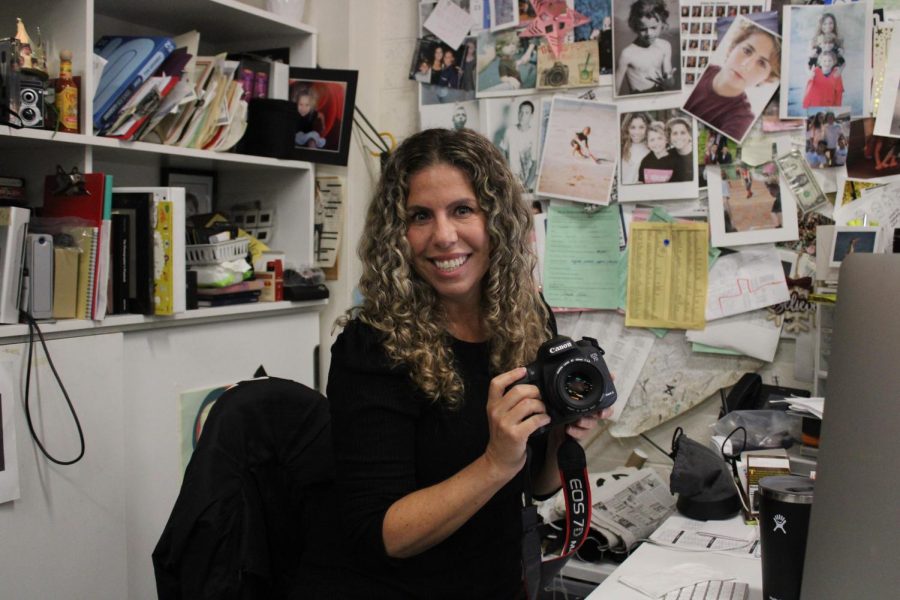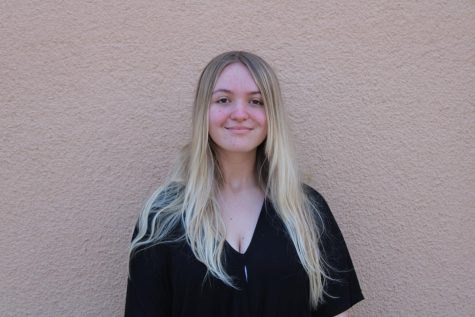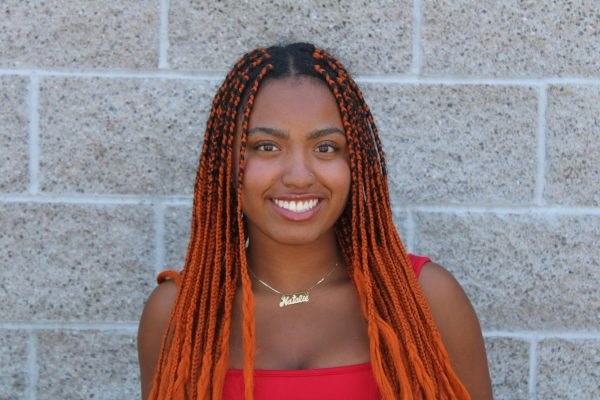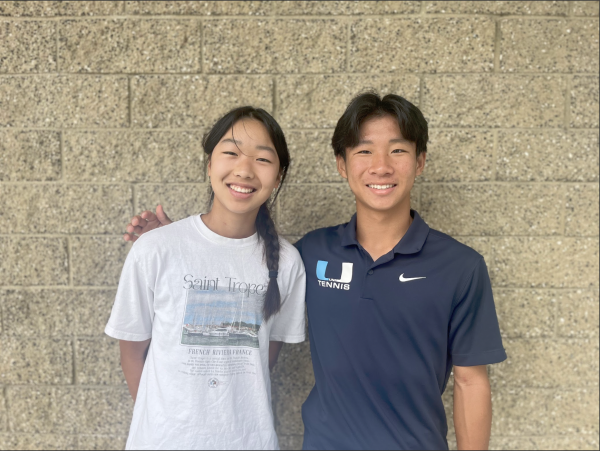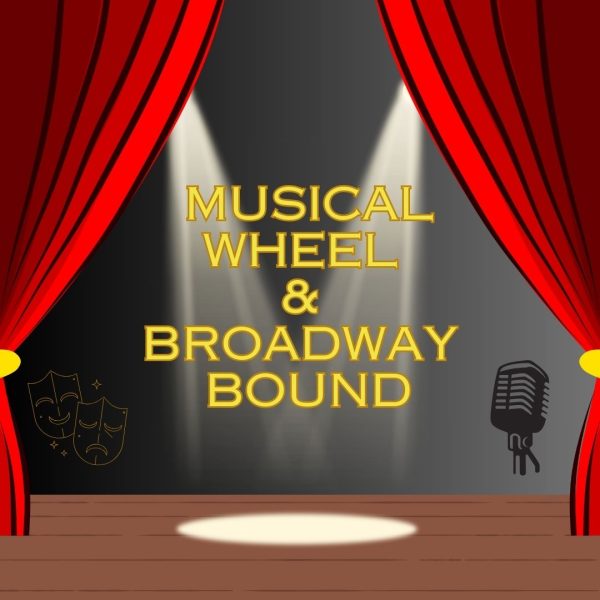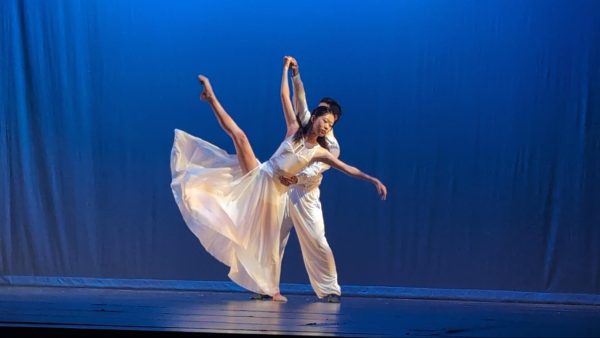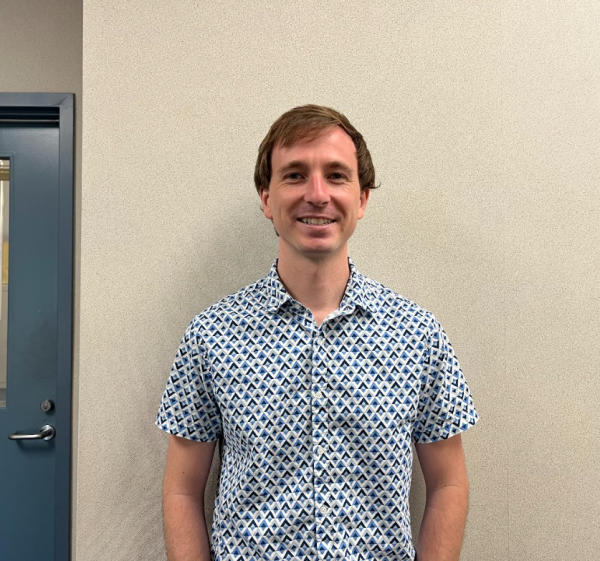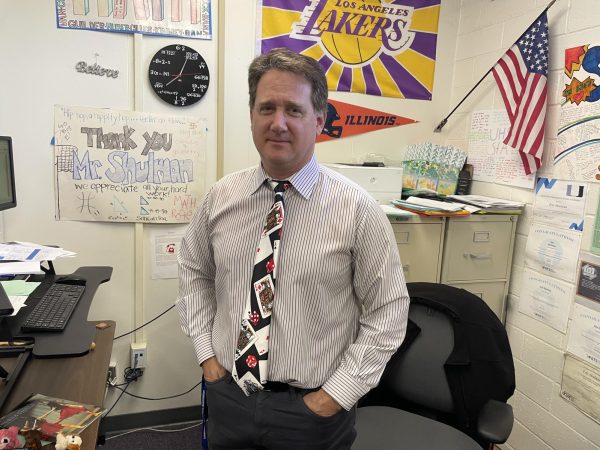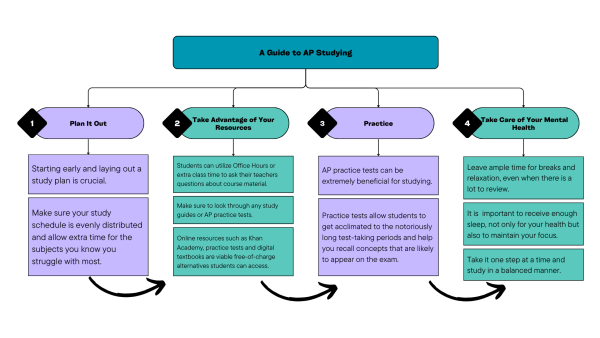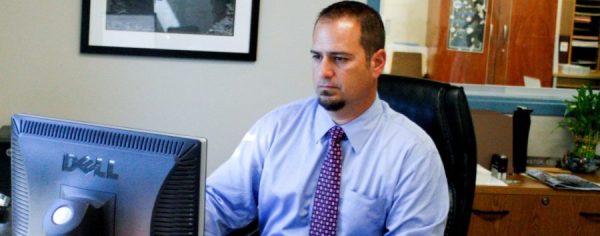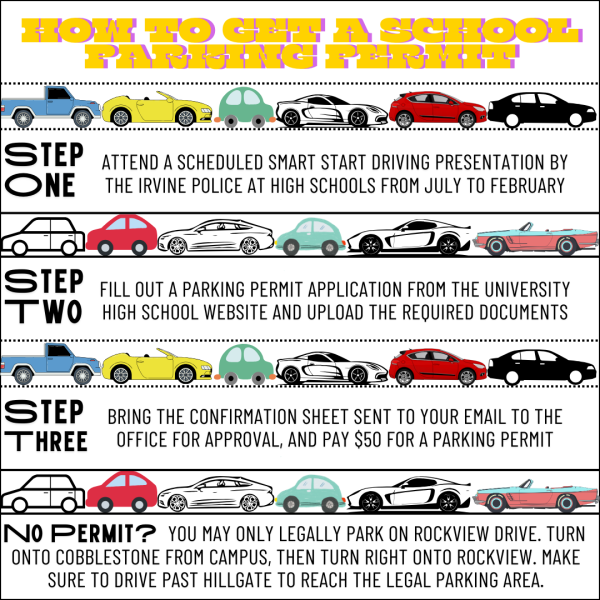Teachers: More Than Just A Subject
May 26, 2023
Considering that students seldom interact with their teachers outside of the classroom setting, their academic subjects become a considerable part of what students know them for. While an understandable association, this connection can sometimes lead students to forget teachers have lives outside of school — that not all of their passions align with their classes and that they do more with their time than only their work.
“I actually really am interested in physics and engineering,” English teacher Raechl Kynor said. “That’s what I was originally planning to go into in college for, but then changed my major, so I like keeping up with that; things like the mechanics of machines are really fascinating to me. One of my sons is planning on going into Automotive Engineering and so he and I have talks about what he’s learning in Physics and all the different applications of systems and motion. I find that fascinating.”
Despite working in an academic field, most teachers have interests outside of academia that still engage them in a productive and stimulating way. For Susanne Fitzpatrick, a UHS English teacher, her passions engage different parts of her personality and allow her to act on values she cannot at school.
“One of the things I’m passionate about, but doesn’t require much intellectual activity, is cooking,” Fitzpatrick said. “It’s one of those things that blends the two sides of my personality, because there’s a very sciency side to me, but there’s also a very artsy side. Through cooking, the creative side gets to play and the science side gets the satisfaction of making the right chemical compounds. I’ve also spent a lot of time hiking, volunteering, and learning about things that have been threatening our environment. It’s just something I’m very passionate about because I believe, very strongly, that we should continue to be part of nature and that nature has to be protected in order for us to be healthy people.”
For many teachers, while the act of teaching is something they’re passionate about, it’s a vastly different type of gratification from other interests. For science teacher David Knight, part of his passion for construction is derived from its tangible results, something teaching does not provide.
“I enjoy working with my hands,” Knight said. “I do home remodeling projects and work with people from my church to fix things at their houses. I learned how to do it on my own and through family members who’d help me do construction types of things. It’s really gratifying to problem-solve. Like, how can we fix one problem in a mechanical sort of way? I really like that you can see your progress because you see when you’re done there’s a product and that product works. It’s very different from teaching because I have no idea if I taught you anything. Inside your brain, I can’t see that. You might enjoy it, but it doesn’t manifest itself in the tangible, visual way construction does. Other than a person telling me, ‘I really enjoyed that’, which is very gratifying.”
Being a teacher does not mean a person knows everything, both about their given subject and the world as a whole. Hali Kessler, a UHS Visual Arts teacher, takes this fact seriously and actively works to learn and be a student of life.
“My motto is: ‘The more you know, the more you know’, and I really value knowing as many things about as many things as possible,“ Kessler said. “I love learning about everything. I am obsessed with trivia and trivial information, I’m a Jeopardy fanatic. As an art teacher, I feel like art is a conduit to learning about everything else in the world. You can’t teach art without knowing about science, math, history, literature, theology, and everything. I pride myself in knowing a little bit about everything. I know I could be in any situation with any group of people in the universe and be able to contribute something to the conversation in some minor way. I just love learning and knowing. Knowledge is power and I take that very seriously.”
The average student does not get to see a great deal of their teacher’s life. Behind the curtain, it’s important to recognize: they’re more than the subject they teach and they’re always learning too.


